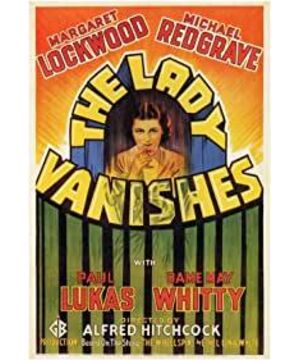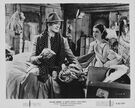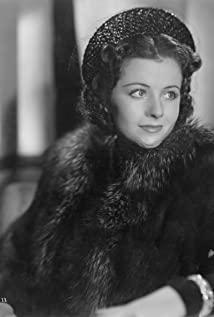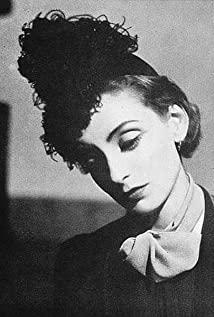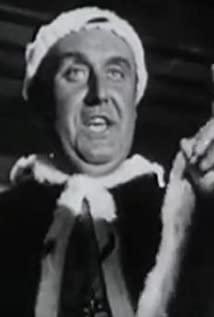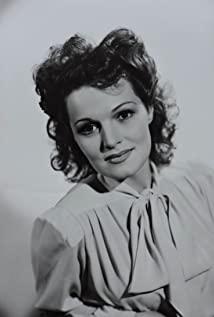"The Missing Lady" is adapted from Ethel Lina White's 1936 novel "The Spinning Wheel". White is good at writing crime stories, and the protagonists are traveling young women-Miss Henderson in "The Missing Lady" is the standard model. The reason why Hitchcock has a soft spot for White’s novel is that it is very similar to an anecdote he once heard: It is said that in 1890, a pair of mothers and daughters from India stayed at In a hotel in Paris, the mother fell ill in the room and was diagnosed with plague by the doctor. The daughter was sent to the other side of the city by the doctor and the hotel owner to buy medicine. After returning, she found that her mother was missing. Whether the hotel owner or the guest, all the parties pretended to be ignorant of what happened, as if everything was a daughter. Hallucinations. Later, the truth became clear. It turned out that Paris was hosting the World Expo in 1890. Once the news spreads, all tourists will panic and flee... Well, this story sounds quite Chinese. The haze in "The Missing Lady" is another different plague-World War II. In 1938, the whole of Europe was about to rain, and it was shrouded in the shadow of war. But in the joking Hitchcock, this anxiety can also be used as a joke: two British people were trapped in a small foreign hotel by an avalanche. How's it going". When the audience thought they were worried about the current situation, Hitchcock threw out the answer-it turned out that the two buddies only cared about the results of Manchester's cricket match. Similar humor abounds in the film. The penultimate film made by Hitchcock in the UK (the last one was "Jamaica Inn" in 1939), not only was suspenseful, but also packed with jokes. In comparison, the later Hitchcock was really It's much more boring. But not everyone appreciates Hitchcock’s jokes. Michael Redgrave, the male protagonist who looks exactly like Gary Oldman, once said bluntly: “I didn’t like Hitchcock at the time, especially his humor. Sense." Strictly speaking, "The Missing Lady" is the second film that Redgrave participated in, but according to his own words, this is his "first film" because he was only in " In "Spy", it only ran through the dragon's sleeve for a short time. The veteran drama actor is obviously not suitable for filming, especially when Hitchcock opened his mouth and closed his mouth that "actors are animals", which made him extremely upset. In addition, Hitchcock's so-called "humor" is very boring in his opinion. For example, there is a scene like this: a foreign soldier holding a gun holding a crowd said that the reason why he is proficient in English is because he went to university in Oxford. Before he could say anything, the character played by Redgrave grabbed a stool and threw it on his head. Someone asked why, Redgrave replied: "Because I read in Cambridge." This happy line of dialogue seemed to Redgrave "too bad and very embarrassing." Before the movie was released, he had already thought of how he would be ridiculed in the future, and he even considered asking Hitchcock to delete all these unnecessary jokes. Of course, fortunately, he didn't make a request-and I believe that even if he did, Hitchcock's personality would not respond to him. After the film was released, so the lines that Redgrave hoped to be deleted and the lines that embarrassed him caused the most laughs from the audience, and Redgrave was relieved. He later said: "The first thing I did after signing the contract was regret. Like many decisions we have made, you immediately want to change your mind." The depressed Redgrave's biggest expectation is that the movie will be completed quickly. , So that he can concentrate on going back to play his beloved drama. At this time, the actor Paul Lucas (playing the role of Dr. Hartz in the film) told him that he went to watch his play "Three Sisters" last night, "You are a great actor, but here, you It seems to be out of the state at all." Lucas’ senior identity taught Redgrave: "These are all going to go into the film, and will stay there forever. After the director ordered the printing, you think about it. It’s too late to perform better next time. There is no next time. It’s all on film.” At that time, Redgrave was making movies during the day and acting in dramas at night, and he was so tired as his grandson every day. These. It wasn't until a long time later that he re-watched "The Missing Lady", lamenting how young he was at that time, and these have been recorded forever. Looking back on his screen career, he said: "Now I understand that when I die, perhaps the most memorable thing is "The Missing Lady", a movie that I looked down on at the time.... I am very grateful. Paul Lucas helped me see the problem. I am grateful to Mr. Hitchcock for enabling me to play this movie. Later, I became a big fan of Hitchcock..."
View more about The Lady Vanishes reviews


